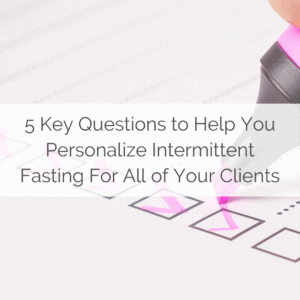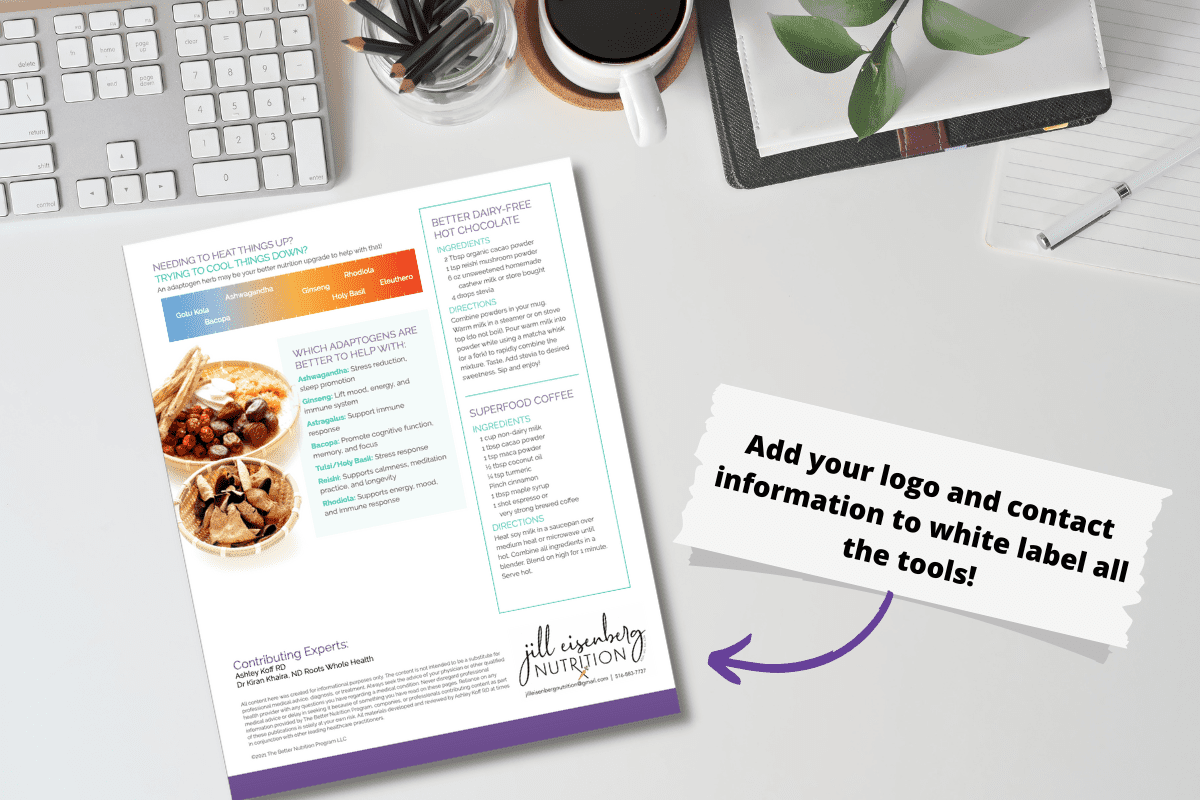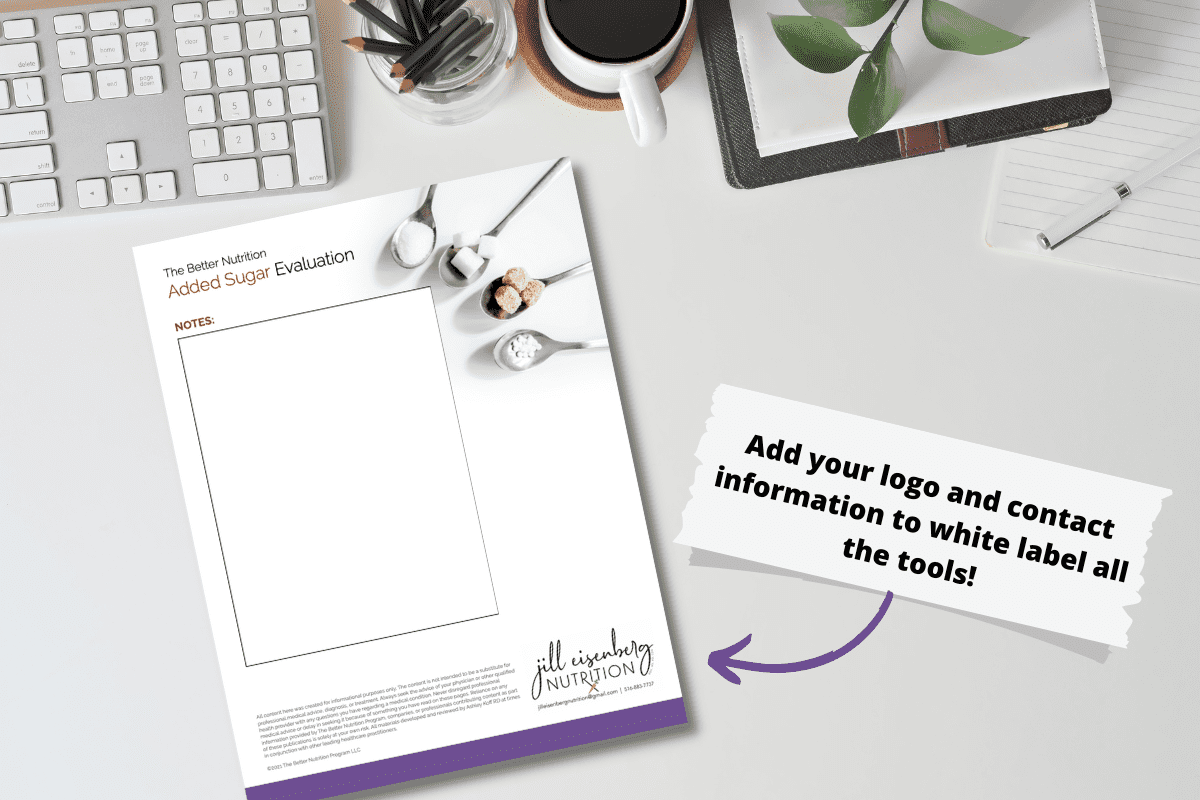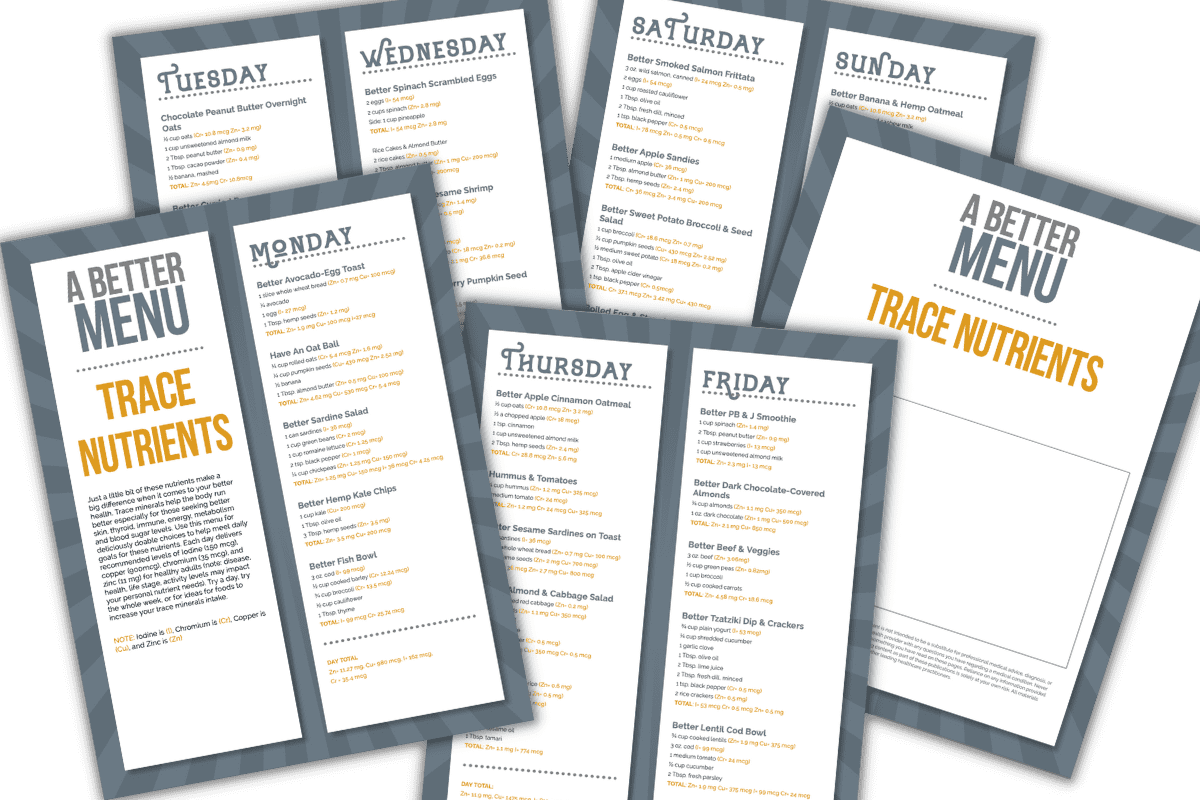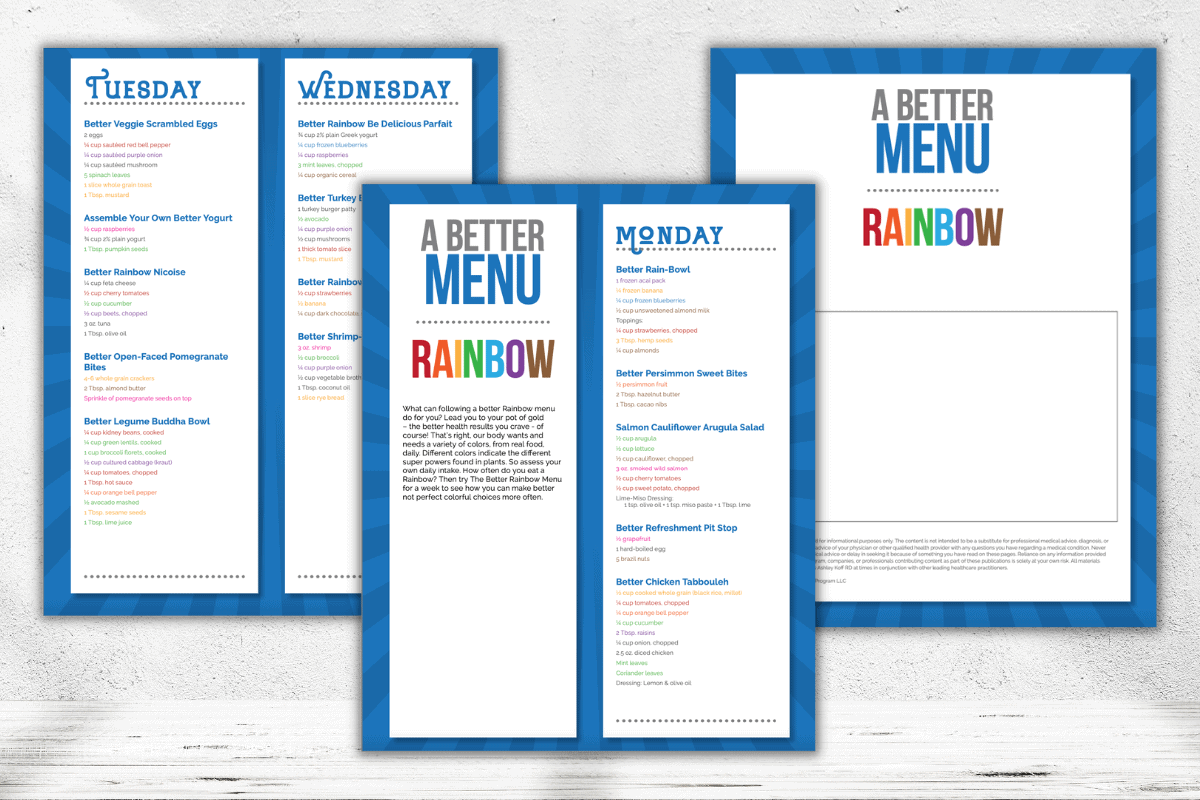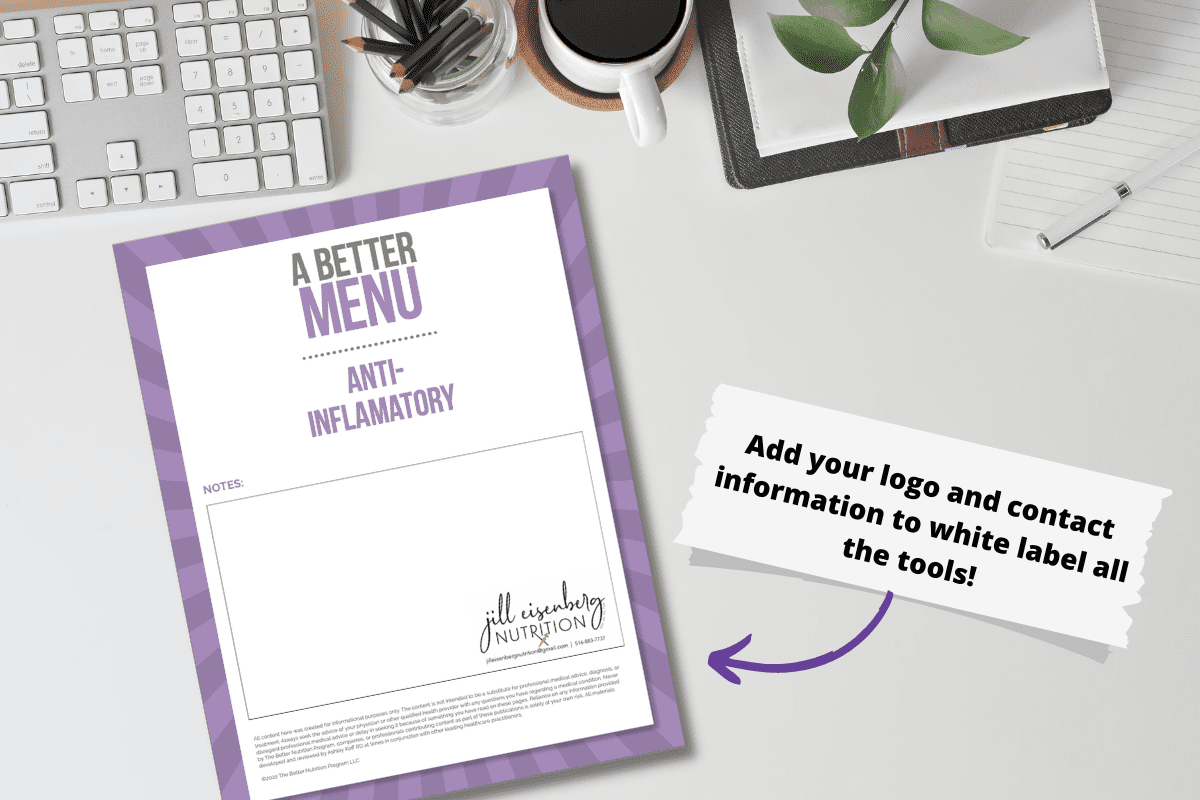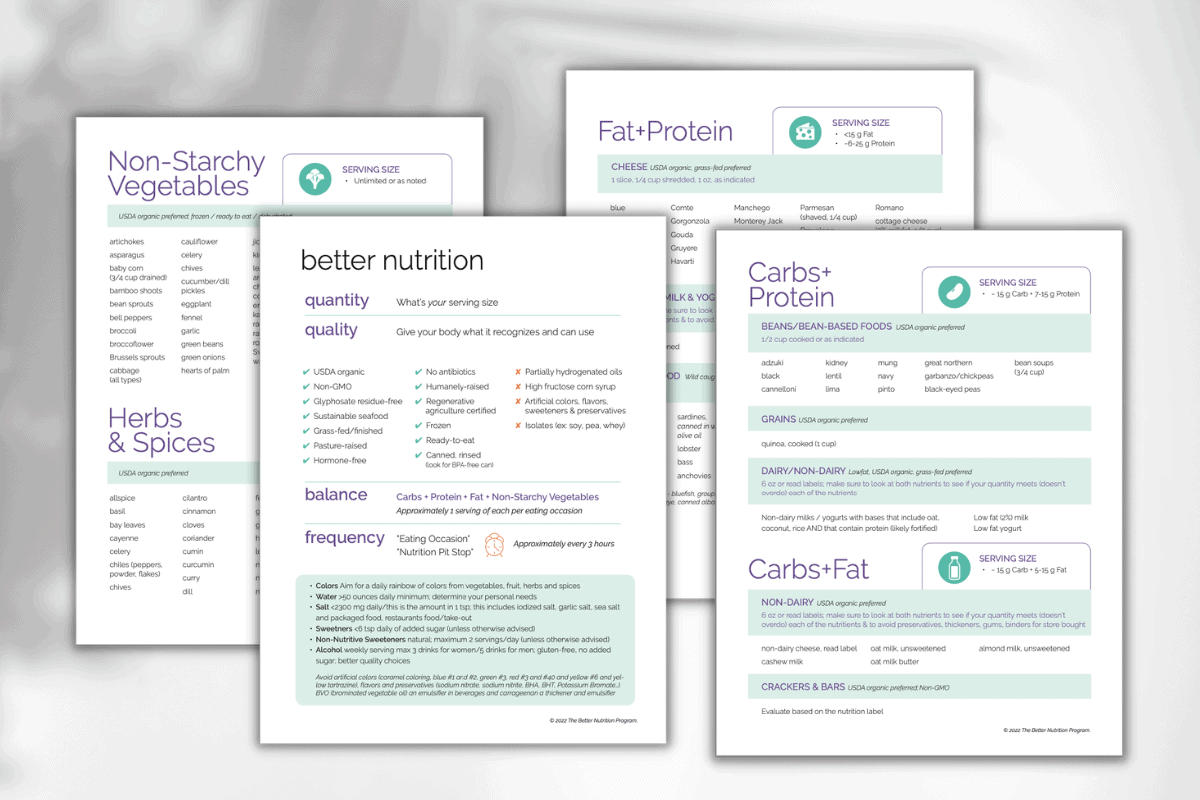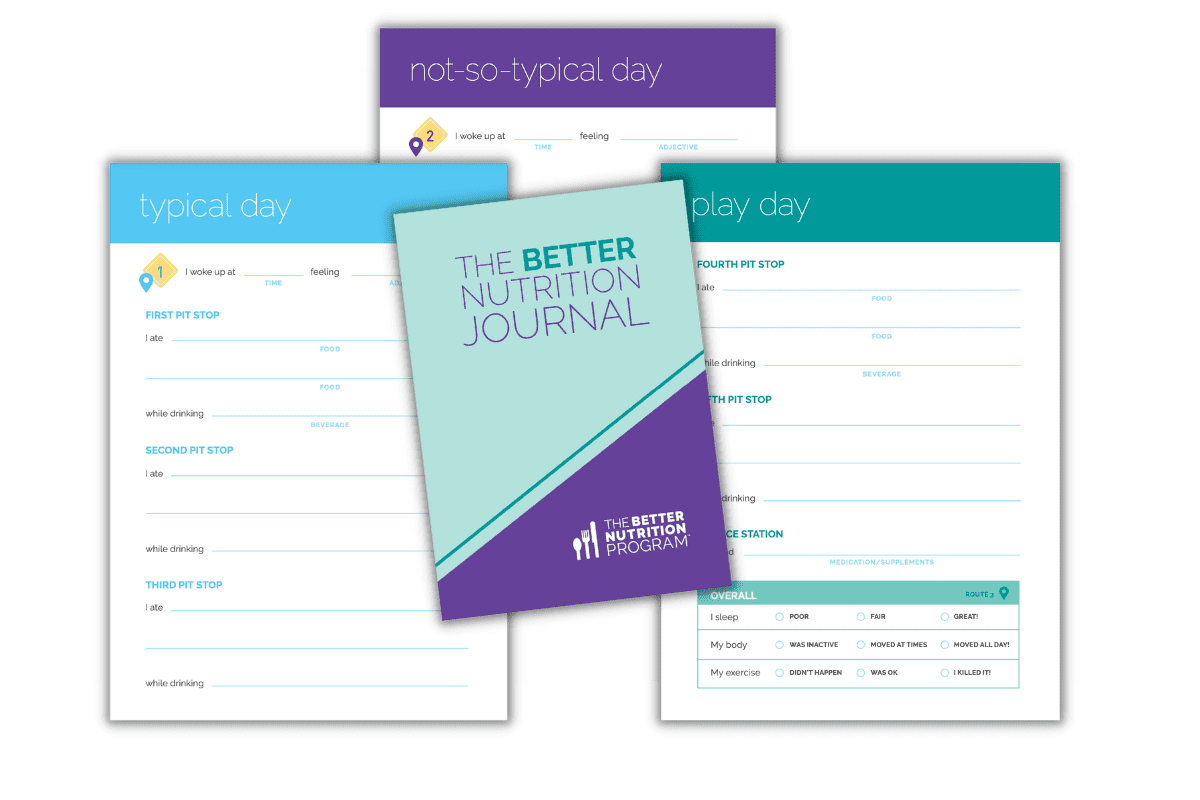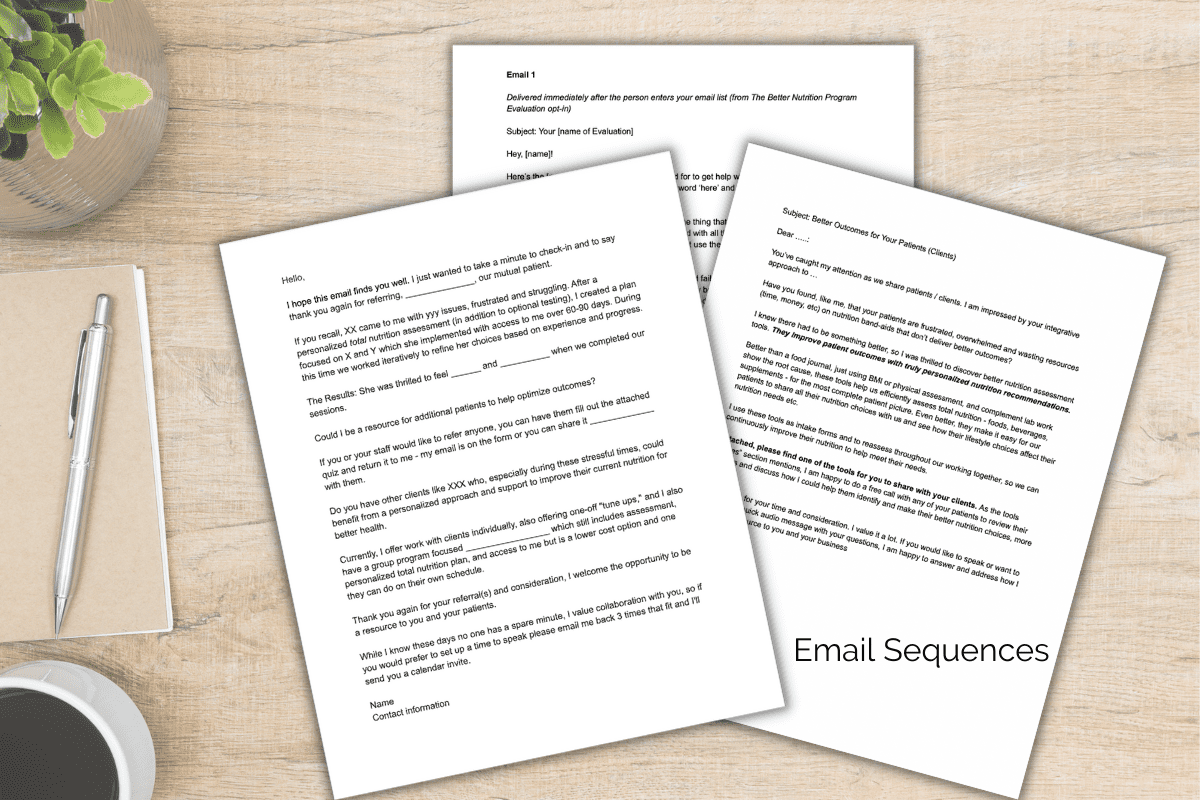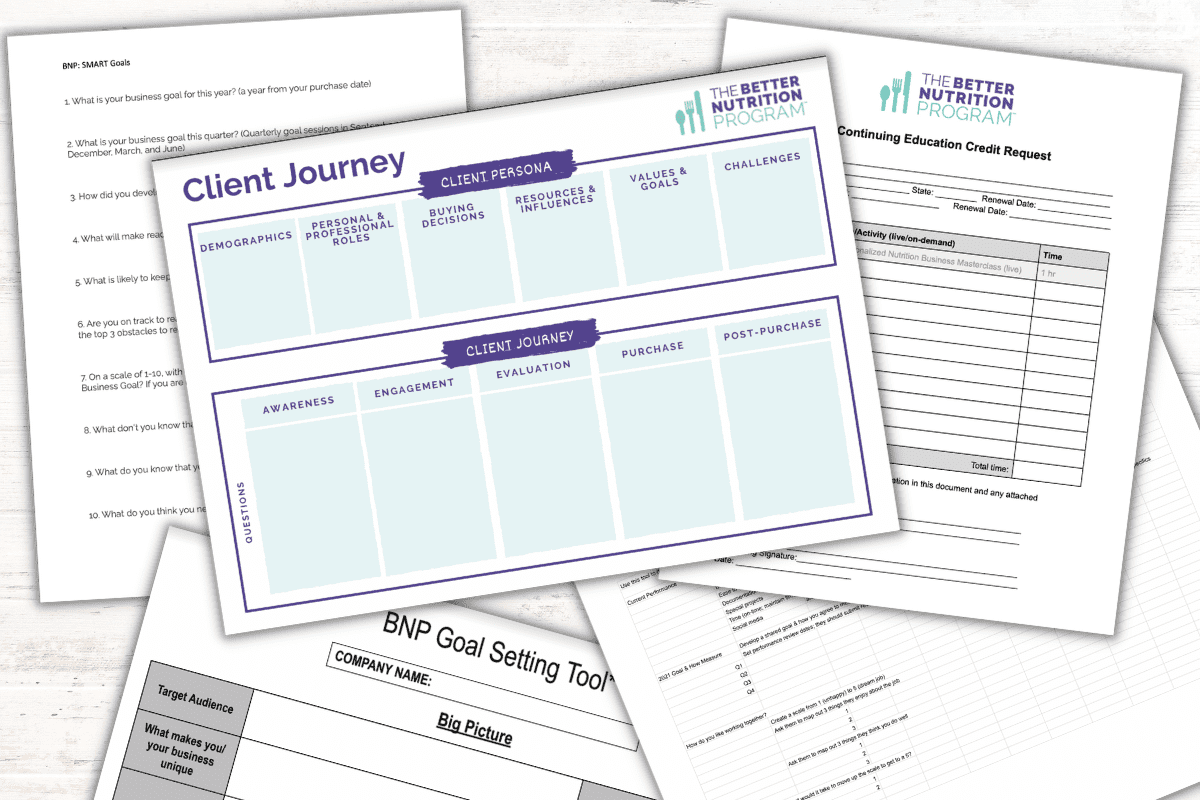Are you asking these 5 key questions when you talk to your clients to help you personalize intermittent fasting recommendations? Read on to find out.
As doctors, dietitians, nutrition coaches and other healthcare pros, we field questions about intermittent fasting (IF) all the time. “Is it good or bad? Should I try it or not? Which IF approach is best? The answer is ‘it depends.’” The good news is that there are a handful of questions you can ask your clients to help you get a better sense of whether IF is right for them and if so, which approach will work best.
Question No. 1: What type of fasting is most realistic for your lifestyle?
It’s crucial to get a sense of what life looks like for your clients who are interested in IF. Does someone want to eat dinner with her family every night? Is another client traveling a lot, or do they have business meetings that mean 7 a.m. breakfasts and 8:30 p.m. dinners as their norm? Do you have a client that works out late in the day or another who loves their early morning HIIT class? When you understand the answers to questions like these, you can personalize an IF approach that tees each client up for IF success.
Question No. 2: What is your ultimate goal?
When clients come to you with questions about IF, it’s a great idea to ask them why they’re even considering it. Did it help a friend of theirs optimize their blood sugar levels? Are they looking to fit back into the jeans they wore in their 20s? Did their recent labs scare them (elevated cholesterol, homocysteine, etc.)? Asking each client why they want to try IF will help you get at the real-life reasons that are driving them. When you understand someone’s why, you’ll be in a much better position to personalize their intermittent fasting to help them maintain the strategy—and reach their goal.
Question No. 3: How much coffee do you drink every day—and what do you put in it?
As a rule, drinking coffee during a fast is OK. However, timing, quantity, and how your clients prepare their coffee is important to discuss before they begin IF. For example, caffeine on an empty stomach can irritate or speed up the digestive process. On calorie restricted days, it could also make some people hungry—not exactly what you want when you’re trying to stick to 600 calories or less.
To personalize their intermittent fasting you will also want to adjust dded sugars, sweeteners, and creamers if a client wants to drink coffee and maintain a fasted state. And while caffeine can also be used to motivate clients to exercise (and may even add fat-burning benefits!), you’ll have to adjust the timing of a client’s workout (and coffee consumption) as you personalize their IF plan. The BNP Toolkit includes a caffeine and added sugar evaluation, as well as guides to IF, coffee, milk choices and more to make it easier to implement and continuously reassess a personalized coffee plan for optimal IF results.
Question No. 4: What is your activity level and frequency?
When you use these questions to personalize intermittent fasting, you help clients to understand not just how to optimize their food but their lifestyle choices. For example, on days when they’re getting fewer calories than usual, adjusting their activity level is also crucial. Walking and other low-impact workouts are OK when you’re fasting, but clients should avoid strenuous HIIT or other exercises that’ll raise the heart rate significantly.
During fasting mimicking, time-restriction periods and on low-calorie days, it can be hard to meet pre- and post-workout nutrient needs for energy and recovery. Insufficient intake can increase risk of injury as well as increase hunger (which in turn makes it harder to maintain a fasted state). Working with a client with performance goals? Personalize the timing of his or her fasting-mimicking and also set low-calorie days as active rest days, which requires a personalized total nutrition plan to ensure adequate nutrient intake for recovery.
Question No. 5: What is your supplement regimen?
You always want to personalize supplement recommendations for each client. This means starts with knowing what supplements your clients take, when and why. With IF, it’s crucial to assess, reassess, and adjust supplement recommendations as clients progress or experience changes. For example, certain supplements shouldn’t be taken on an empty stomach. That means shorter eating windows and low-calorie days will alter when clients can take their go-to supplements. Some clients may need to add supplements to their regimen based on nutrients they no longer get enough of due to their IF plan. It’s likely OK for clients to continue taking their current supplements. However, when they start and stay on their IF plan, you want to consistently review and make adjustments as needed.
Pro Tip: Automate an email sequence for clients that includes the BNP supplement evaluation at key times. It’s apart of The BNP Toolkit™ for other practitioners, along with tools that help you further personalize their nutrient needs.
Want to up-level your fasting knowledge and have tools to attract and help clients do the same?
All BNP offerings include the BNP Toolkit—your one-stop resource for everything you need to personalize IF for your clients, including done-for-you marketing materials that’ll help you attract new clients and help you score better outcomes for everyone you see.
Want more help personalizing IF plans for each client?
Read this article for specific steps and proven strategies to market and implement personalized intermittent fasting plans.
Thank you to BNP member and expert collaborator for the Better Nutrition Guide to Fasting, Kristin Kirkpatrick RD for her help with this article.
